Both of my parents are Jewish, as were theirs, going as far back as anybody remembers – probably to Abraham.
As with many secular, Jewish-American families, God was practically non-existent in our house, though we still observed holidays like Rosh Hashanah, Yom Kippur and Passover. There came a point, however, when I had to ask why we partook in any of these traditions if God, who commanded their observance, wasn’t real.
I figured that the Greeks had Zeus, the Romans had Jupiter, the Norse had Odin, and now we have God. This one will pass, too.
In college, I studied progressive politics and devoured the writings of Marx and Engels, forming a firm foundation for my socialist beliefs. It wasn’t until I decided to engage directly with conservatives to discover exactly why they were wrong. Over the course of several months, my entire worldview collapsed piece by piece.
This metamorphosis changed everything.
After shedding my leftist politics, I studied logic and classical philosophy for the first time, soon becoming convinced of Aristotle’s “Unmoved Mover” – a first cause that is pure, uncontingent existence. It wasn’t long before I cracked open the Old Testament and was completely enraptured by the God of the Israelites and how he chose to reveal himself, particularly in the burning bush.
The burning bush shows us who God is: He is simultaneously creation and destruction, life and death, and ultimately, the first cause, which Aristotle reasoned. His essence is revealed as both ever-present and wholly separate from the world, that he is the Master above creation, in which these paradoxes do not exist for him.
This thirst for truth then led me to the gospels, where I discovered Jesus. He was loving yet authoritative, and his parables struck me as deeply true.
It didn’t take long until I was a Christian. However, it took roughly three years of studying Christian history and listening to hours of debates to finally decide that the Catholic Church was the real deal – divinely instituted and the bride of Christ.
After I got baptized last Easter, I did not tell my friends or family right away. One day, my dad looked up some of my published work and discovered my X account, where he saw a viral post of my priest baptizing me.
His reaction, as was the rest of my family’s when they soon found out, was not rage or dismissal as much as it was confusion. I’m not Irish or Italian, so why would I be Catholic? To many secular Jews, Judaism is your culture, your blood – not primarily your religious beliefs.
So, are so many of us in Generation Z hungry for Catholicism?
We were raised by generations who rejected their conservative upbringing. Our parents unshackled themselves from tradition, orthodoxy and the established order. They inherited the hippy movement of the ’60s, which deconstructed the world and remade it.
Those of us in our 20s grew up in the nuclear winter of a world devastated by postmodernism and relativism. Our culture is saturated with vulgarity and pornography, shaping the music we listen to, the TV shows we watch, and is ubiquitous on TikTok, Instagram, and YouTube. Many are now rejecting this culture for something true, good, and beautiful. We want to be grounded in principles that acknowledge and confront the societal decline unfolding around us.
Catholicism, with its 2,000 years of firmly rooted beliefs, has largely stood athwart the post-Enlightenment world yelling “stop.” But even the Church, in many ways, succumbed to modernity after the Second Vatican Council.
In recent days, young, traditional Catholics have been delighted to find an ally in the new pontiff, Pope Leo XIV. The pope’s “aura” has been celebrated, with one influencer optimistically proclaiming, “Millions will convert under Pope Leo XIV.” Popular meme accounts have already declared the new pope to be “based” for affirming standard Catholic doctrines.
Anecdotal evidence suggests Catholic parishes across the United States are seeing anywhere from 30 to 90 percent increases in conversions. And the more traditional churches are seeing the largest booms.
This kind of growth isn’t unique to Catholicism. Pew Research conducted a massive survey in 2020 on Jewish Americans, which discovered that 17 percent of Jews under 30 are Orthodox, compared to 3 percent of those 65 and older.
In other words, young people crave authenticity and tradition, not the watered-down religion handed down from bygone generations.
Gen Z intuits that among the great material achievements of modernity come demonstrable negatives. And these negatives are crushing to the spirit and the flesh. Abundant comfort and a manic dedication to a “you do you” morality have instilled a relativism and nihilism in young people, desperate to find solid ground among sinking sands.
Today, young people want to stand for something larger than their own immediate pleasure and material gain. They want to fix their eyes to heaven and say, Not my will, but thine, be done.
Why Gen Z is converting to Catholicism
Our culture is saturated with vulgarity and pornography
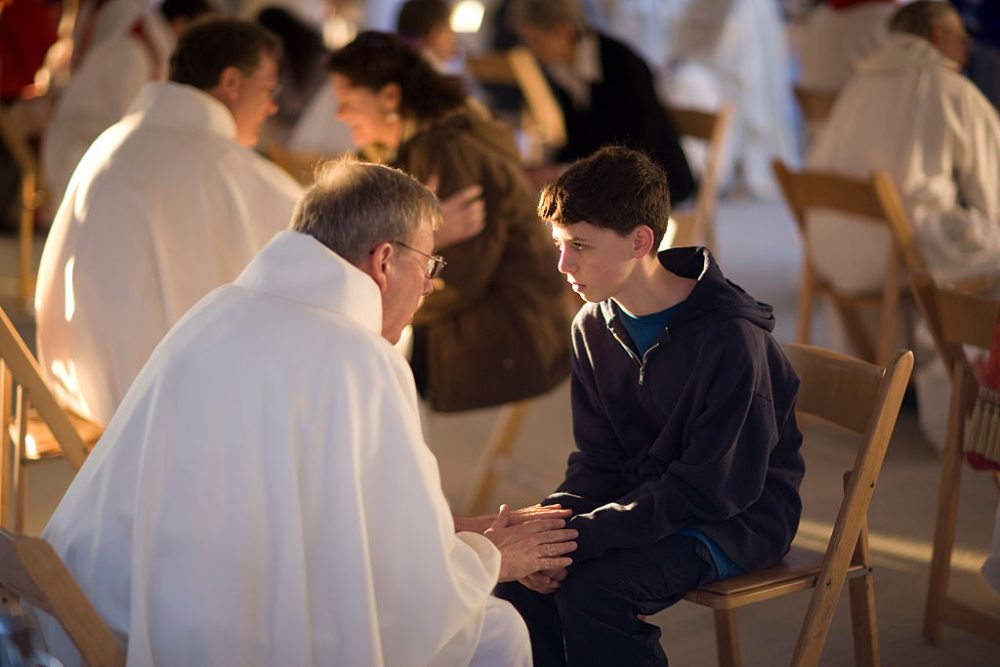
(Getty)
Both of my parents are Jewish, as were theirs, going as far back as anybody remembers – probably to Abraham. As with many secular, Jewish-American families, God was practically non-existent in our house, though we still observed holidays like Rosh Hashanah, Yom Kippur and Passover. There came a point, however, when I had to ask why we partook in any of these traditions if God, who commanded their observance, wasn’t real. I figured that the Greeks had Zeus, the Romans had Jupiter, the Norse had Odin, and now we have God. This one will pass,…









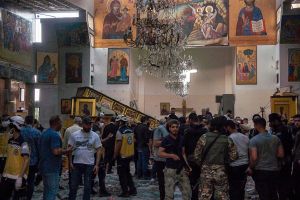
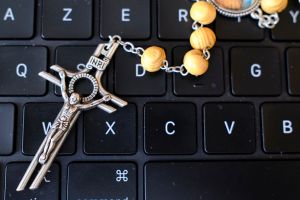
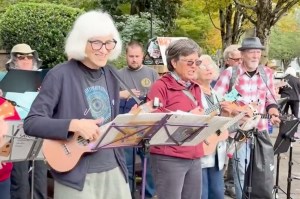
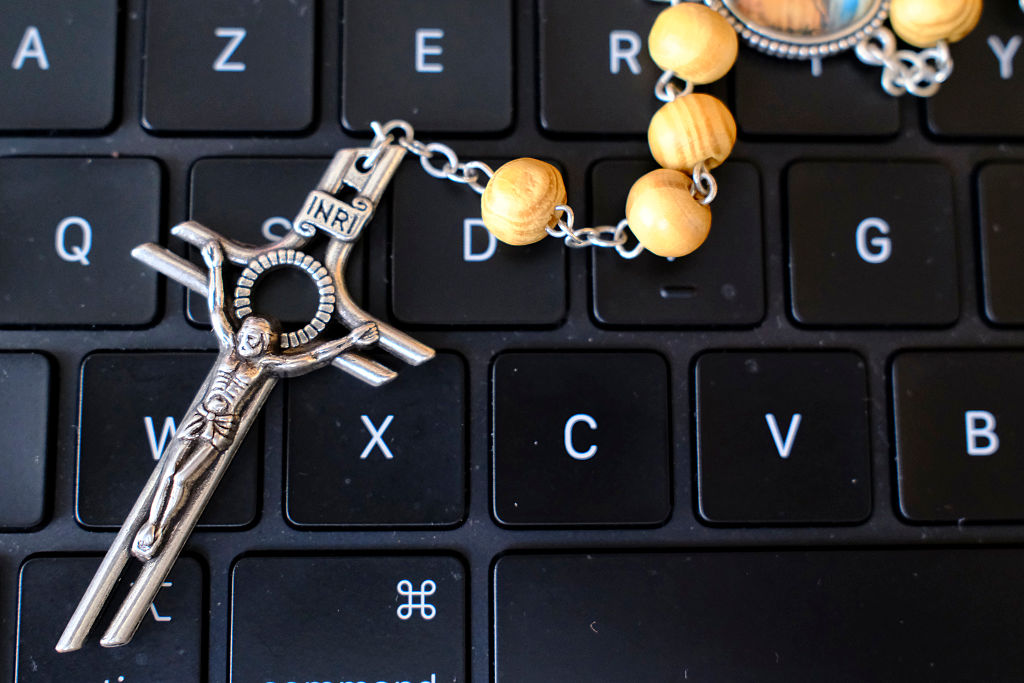

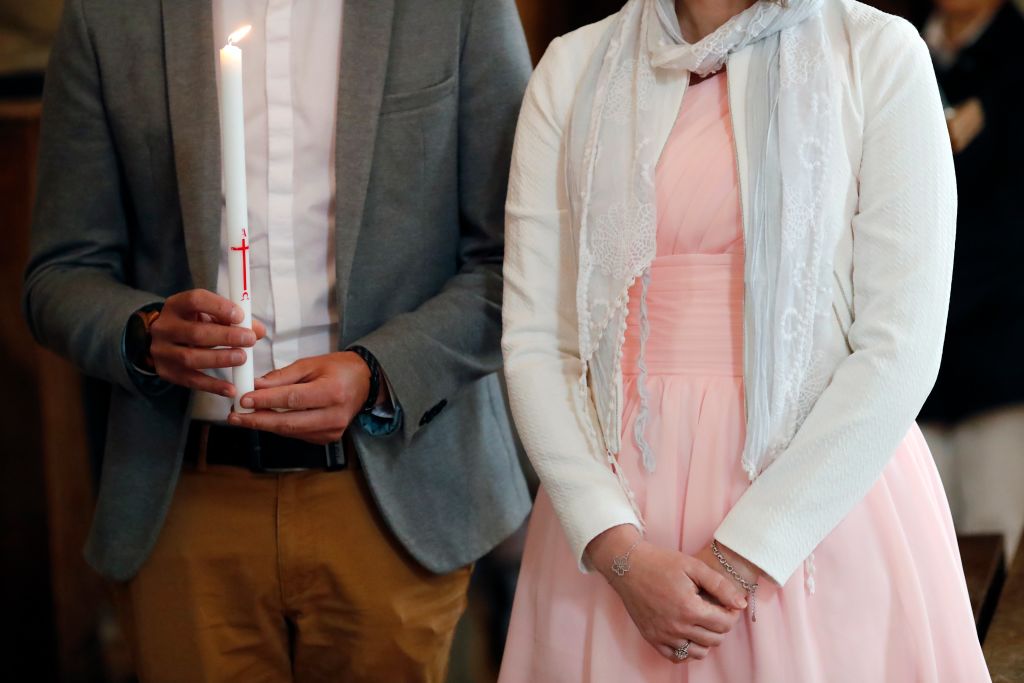
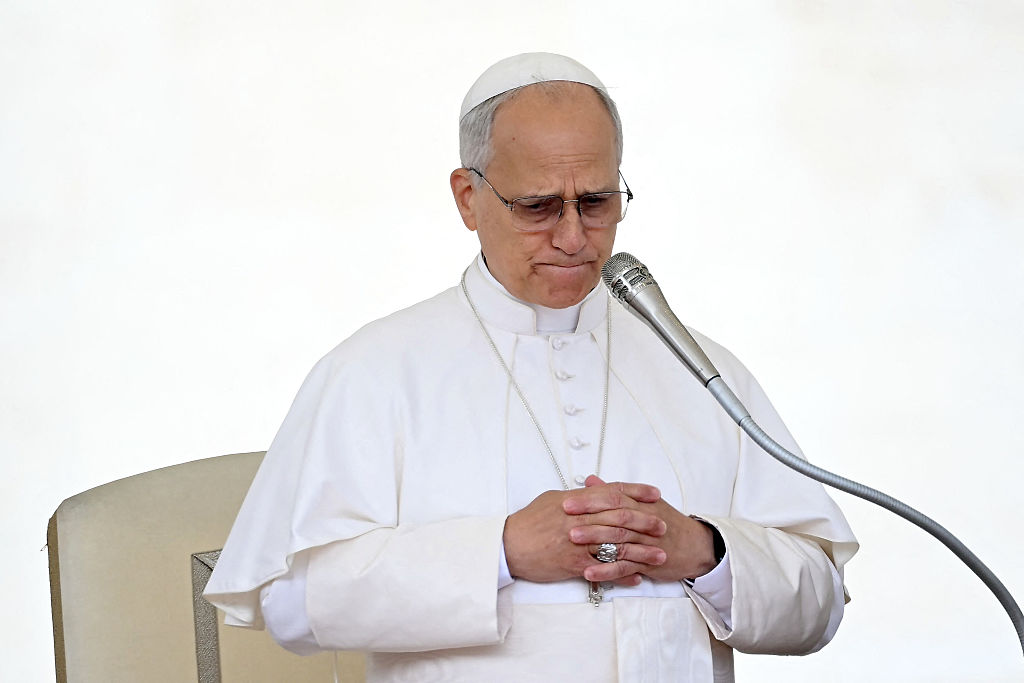
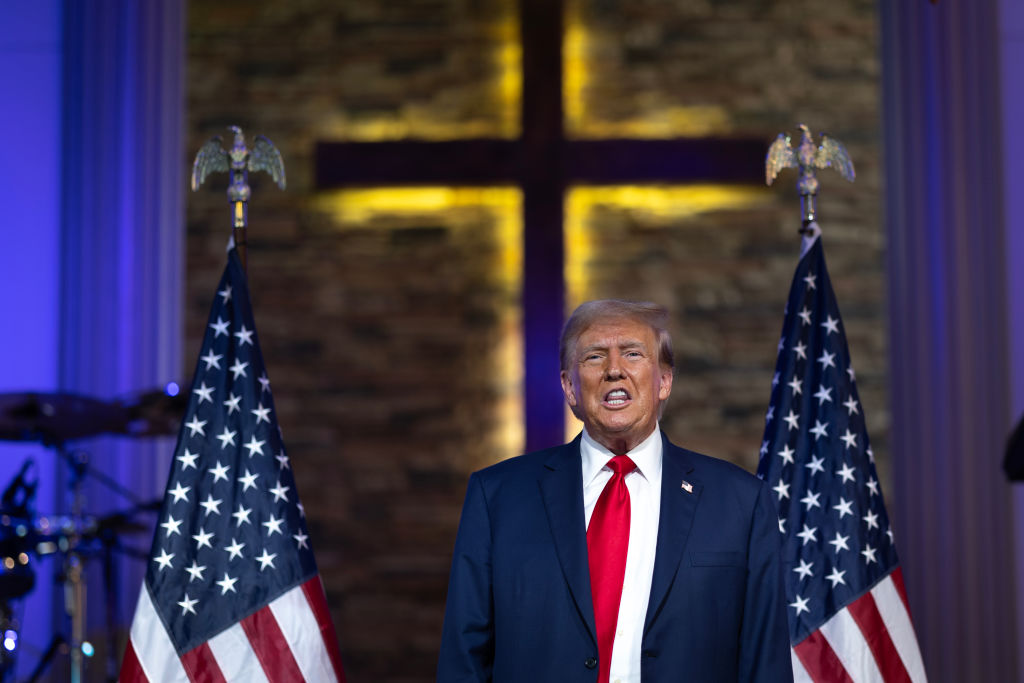








Leave a Reply